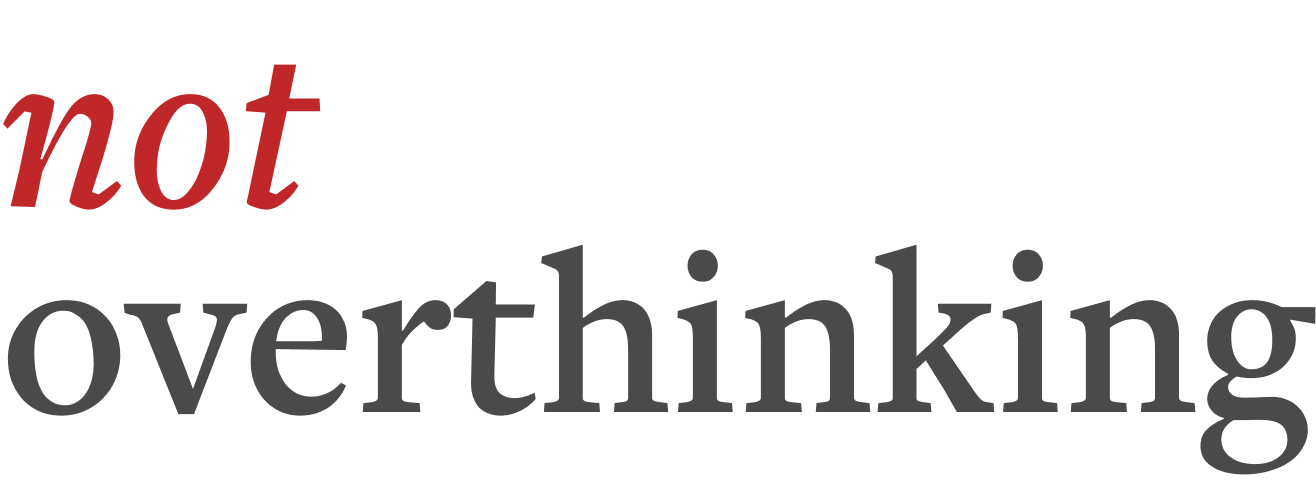Trying to Be Confidently Wrong

In this episode, we talk about epistemic humility - acknowledging the limitations of our beliefs. Taimur has recently made an effort to be *less* "epistemically humble" when he talks about things, and we into why.
Here are some of the highlights from our discussion:
Epistemic humility is the acknowledgement that knowledge of the world is interpreted and filtered by you, the observer. It’s a self-reflective recognition that knowledge that you receive is always received, observed and judged through a personal lens.
Hedging can dilute statements to such an extent that an impasse will be reached in many debates and discussions. The ability to scrutinise and explore even your own views can be affected if you have a preponderance towards prefacing all statements with some form of hedging.
Many techniques around hedging are usually ways to put out a thought without actually identifying with it. If you always talk about how things seem or what your mental model is you can entirely avoid a) the feeling of fully believing something and b) the realisation that you are 100% wrong about something.
If you stake claims to things and expose yourself to the possibility of being confidently wrong and potentially having to admit that you are wrong, it tunes your thinking differently. You’ll think about things in a different way, you will iterate on your beliefs differently and more regularly. If you constantly hedge, you are not incentivised to correct your mental models because you’re never going to be completely wrong about something.
There’s a difference between being open to being confidently wrong publicly and privately. For instance, it’s easier to be confidently wrong when speaking with close friends or housemates in a closed, private environment. However, it’s a different matter to be confidently wrong on a public platform such as a YouTube video.
If you close yourself off to being meaningfully wrong, there is a good chance that you’ll never be meaningfully right.
Sponsored by Brilliant
This episode is kindly supported by Brilliant, the best way to learn maths, science, and computer science online. Brilliant focuses on helping you learn how to think, rather than just memorising methods and facts. Sign up at https://brilliant.org/notoverthinking — the first 100 people get 20% off an annual subscription.
Become a Not Overthinker
We've got a fun little members-only community where we have a private Slack channel, and host weekly (ish) Zoom hangouts. Click here if you fancy joining.
Leave us a Review
If you enjoy listening to the podcast, we'd love for you to leave us a review on iTunes / Apple Podcasts. Here's a link that works even if you're not on an iPhone :)
Send us an Audio Message
We really want to include more listener comments and questions in our episodes. If you've got any thoughts on this episode, or if you've got a conundrum or question you'd like us to discuss, send an audio file / voice note to [email protected].
- For any non-audio comments, please comment on our YouTube channel.
- Alternatively, feel free to drop us a tweet or DM on Twitter - https://twitter.com/noverthinking.



